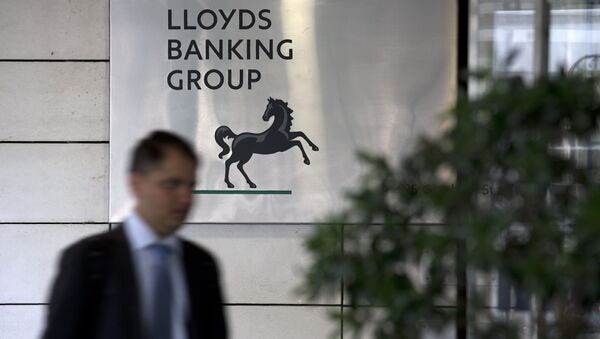The houses in question handle more than 650 billion pounds per day and provide huge tax revenues.
The euro clearing operations would have to move from London to the EU if joint supervision is considered insufficient by Brussels.
“There are two sides to the issue: one is technical and the other is political. There is huge trading in securities and much of it takes place in London. The efficiency of working on the London market is that margin payments on the purchase of derivatives and securities there is lower than when you have markets spread around different locations. For example, if you buy derivatives in London and sell them in Paris, you will have to place margins in both places,” Professor Blake explained.
When asked how France could benefit from moving clearing houses away from London and the economic fallout this could have for the UK, David Blake said “Frankfurt and Paris are competing to take a share of London’s financial market.”
Paris has tried to abolish all euro trading in the UK and have all trading in the currency done inside the Eurozone.
Meanwhile, Sweden, Spain and Ireland are opposed to the shift of clearing houses away from London, arguing that this would be an excessive step.
“They all have their own interest in keeping these clearing houses in Britain and don’t particularly like what France wants to do,” Professor Blake noted.
Speaking about the way UK clearing houses should be regulated post Brexit, he said that in terms of euro-denominated currencies and derivatives, there should be firm collaboration between regulators in the UK to deal with this political issue.
Currently, the London City is at the very heart of the lucrative trade in euros, which is something other European financial centers such as Frankfurt and Paris don’t like.
A clearing house is the common ground between two firms in a trade making sure it goes forward without a hitch and sets aside money to protect investors in the event of a default.





